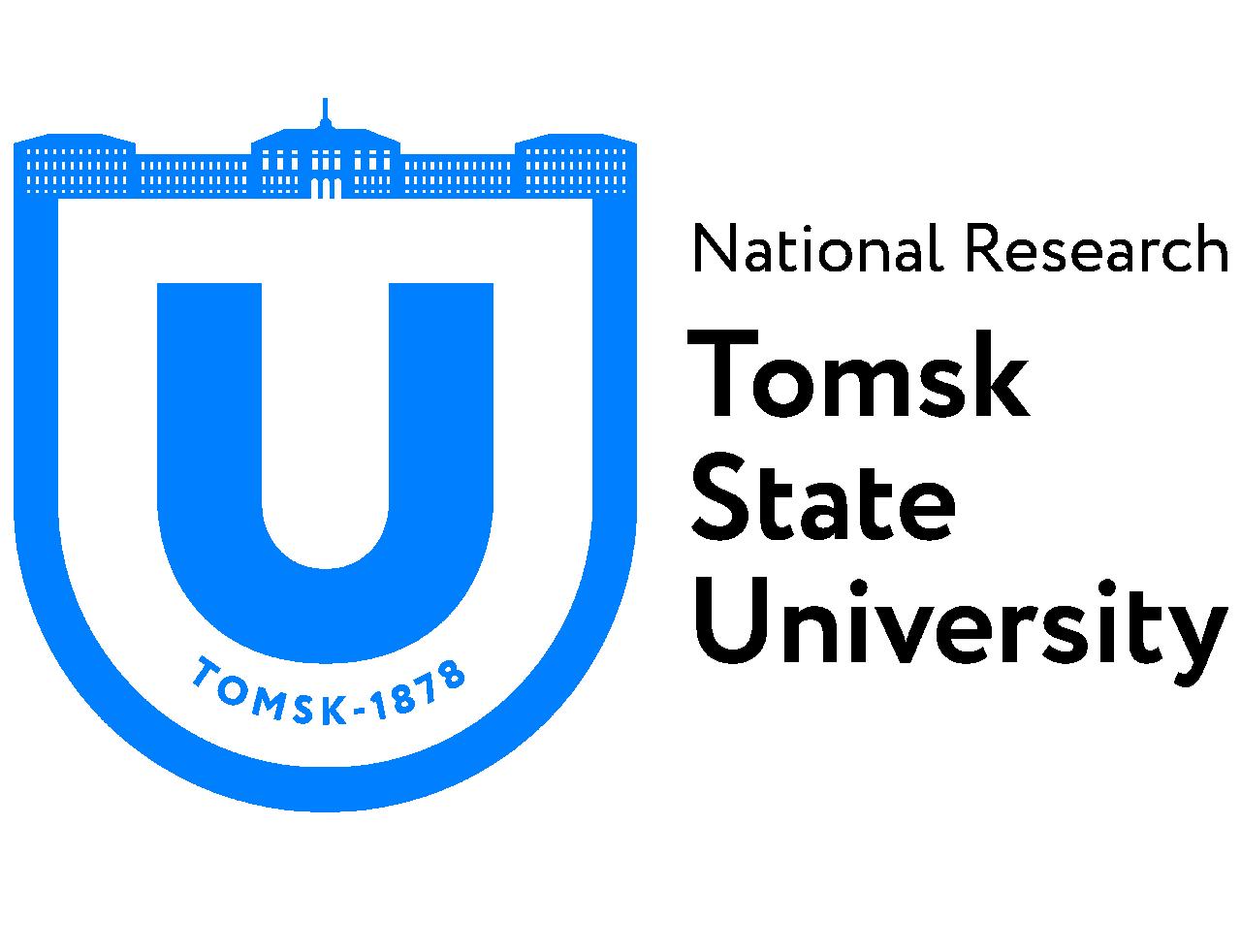Tomsk State University: TSU launches a program in genomics and synthetic biology
During the 2021 admissions campaign, TSU will hold the first enrollment for its master’s program in Genetics, Genomics, and Synthetic Biology. Master’s students will be trained in the analysis of genomes of living organisms and their editing using bioinformatics and genetic engineering methods. This will help respond to global challenges, fight dangerous humans and animal diseases and environmental pollution, preserve species diversity, and more.
– The 21st century is a time of rapid development of genetics and, in particular, genomics, – says Gleb Artemov, the program manager, head of the Department of Genetics and Cell Biology at the TSU Biological Institute. – Ten years ago, complete decoding of the human genome cost 300 million dollars, now it is about 3 thousand dollars. By the end of 2021, this amount may be reduced even further.
The emergence of new sequencing technologies will help unleash the enormous potential of genomics soon. Obtaining new data on genes, for example, will help not only to effectively treat diseases but also prevent many of them.
Considerable progress is being observed in genome editing, which serves not only as a tool for obtaining new knowledge but is also used to solve practical problems. The university’s task is to train specialists who can extract data on the genomes of living organisms, interpret them correctly and, by manipulating genes, create “living machines” that have properties or perform functions that did not exist in nature until then. The new master’s program has been created to train such specialists.
Central place to the program is the formation of practical skills and research competencies. It includes workshops on genomics and genetic engineering, and research or project work. The theoretical block consists of disciplines such as genomics, molecular cytogenetics, and genetic engineering, and specialized disciplines: phylogenetics, environmental genetics, biotechnology of microorganisms, and human genetics.
A feature of this program is the original courses in bioinformatics: genome analysis, epigenetics, and synthetic biology, which are rarely found in Russian universities. The emphasis is placed on professional competencies that are in demand in the Russian and international market for scientific organizations, science-intensive industries, and biotechnology companies.
Among the teachers are world-renowned scientists: Igor Sharakhov, Professor of the University of VirginiaTech (USA), a specialist in insect genomics; Vadim Stepanov, Corresponding Member of the Russian Academy of Sciences, a specialist in human genetics; Vladimir Stegniy, Professor of TSU Biological Institute, a specialist in evolutionary biology, and others.
– Now students have a great demand for practical skills, so from the very beginning of their studies, we will involve them in current projects, says Gleb Artemov. – For example, in the project to assemble the genomes of Siberian species of malaria mosquitoes. Students who entered the program will participate in this project, like many others, which are carried out based on laboratories and departments of TSU, Tomsk Research Medical Center, and other organizations of Tomsk and Novosibirsk.
In the learning process, master’s students will acquire competencies that will help them to solve a wide range of research and applied problems – to engage in the sequencing of the human, animal, and plant genome, analyze information, and create new biotechnologies aimed at solving problems in medicine, food security, environmental protection, and improvement of the quality of human life. The program is designed primarily for bachelor’s of biology.

